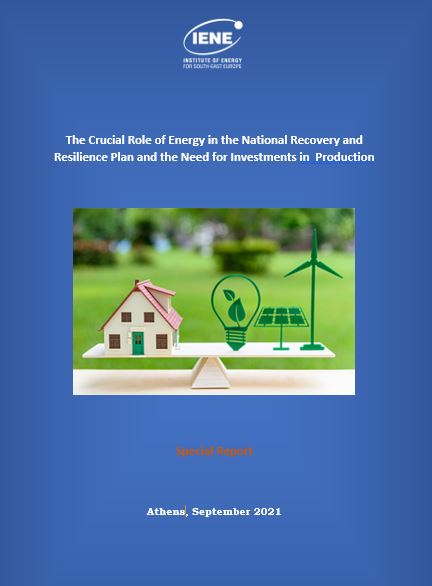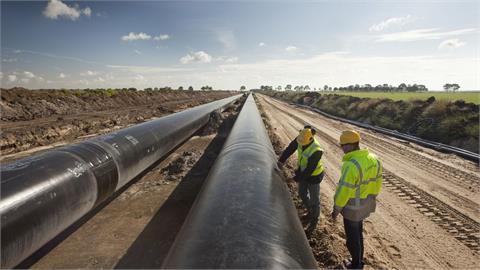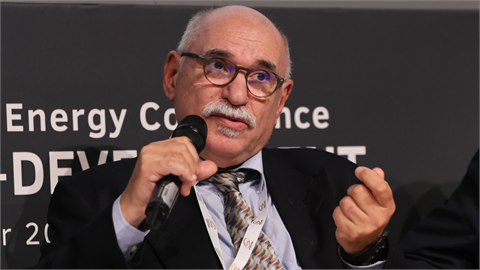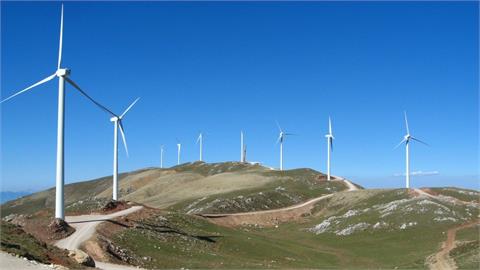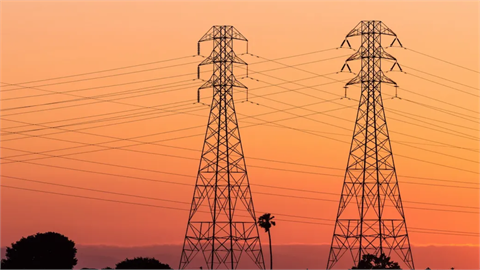The pivotal role of energy in the National Plan for Recovery and Resilience and the need for investments in industrial production was the subject of a special study by IENE, which was presented at an online event organized by the Institute of Energy for SE Europe (IENE) on Wednesday (20/10).
The pivotal role of energy in the National Plan for Recovery and Resilience and the need for investments in industrial production was the subject of a special study by IENE, which was presented at an online event organized by the Institute of Energy for SE Europe (IENE) on Wednesday (20/10).
The event began with a short introduction by the Chairman and Executive Director of IENE, Costis Stambolis, who referred to the initiative of the Institute to undertake a special study on the need for investments in Greek industry, so that they boost domestic production in parallel with the investments and projects that will run through the Recovery Plan. The study was then presented by Irini Terzidou, a Research Fellow at IENE, which highlighted the resounding absence from the subsidized investments of "Greece 2.0" of Greek industry and the production of products and components for RES and infrastructure projects, which could play a catalytic role in the creation of domestic know-how, employment, and domestic added value.
The discussion that followed featured Thomais Eftychidou, Secretary General of Industry of the Ministry of Development and Investment, Athanasios Savvakis, President of the Federation of Industries of Greece and of the Hellenic Energy Exchange, Stelios Psomas, Advisor to the Hellenic Association of Photovoltaic Companies and Christos Dimas, Member of the Board and Chairman of the Geopolitics Committee of IENE. The discussion was moderated by Costis Stambolis, Chairman of IENE.
Taking the floor, Ms. Eftychidou stressed that, in terms of government policy, emphasis has been given on hydrogen, where there are plans for specific projects through EU’s Projects of Common Interest (PCI’s). This does not deprive the possibility of expanding the scope of industrial production to cover products and systems of the energy sector and especially of RES.
This was followed by an intervention by Mr. Savvakis, who stated that the energy transition gives the opportunity to develop infrastructure, expand industrial production and increase domestic added value. With regard to energy sector products, there is indeed the possibility of upgrading industrial production, e.g., from 15% of domestic value added today to 30%, attracting investments of approx. €4 billion over the next 10 years.
For his part, Mr. Psomas made it clear that today the whole of Europe is difficult to compete with China, referring specifically to equipment for photovoltaic plants. This does not mean that there is no potential for increasing domestic added value in RES products, but targeted moves should be made in order to have a positive result.
Last speaker, Mr. Dimas pointed out the need to adjust the spatial framework for RES, which has been seriously delayed, and will facilitate applications and therefore will create opportunities for domestic industry to produce components and systems for RES projects. A discussion followed with useful conclusions which will be announced soon by IENE with a special post on its website (www.iene.gr).
The full IENE study in English is available here.
